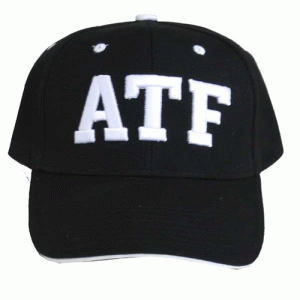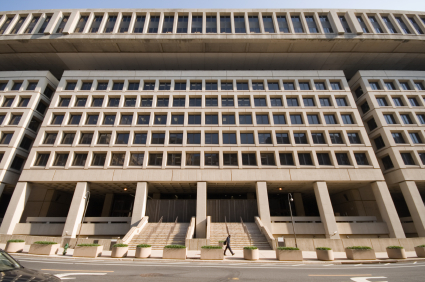 By Bloomberg
Editorial Board
By Bloomberg
Editorial Board
Many members of Congress seem to view the U.S.’s most deadly criminals — those who carry guns — as a protected class. For decades, they’ve tried everything imaginable to cripple the agency charged with enforcing federal laws against illegal gun buying, trafficking and possession. Meanwhile, advocates of stricter gun-law enforcement have fought a losing battle to strengthen the agency’s hand. Now, it may be time to admit defeat and change the strategy.
The ATF, as it’s known, is charged with overseeing federally licensed firearms dealers, most of which are responsible and law-abiding — but not all. Criminals know the difference, but even when the Bureau of Alcohol, Tobacco, Firearms and Explosives has figured it out, it has lacked the resources and leadership to crack down.
A new report by the Center for American Progress recommends that the ATF be merged into the FBI. It’s worth considering. It would be hard to do worse than the status quo.
The ATF has long been a political punching bag, maligned by gun-rights advocates as an unnecessary intrusion on the Second Amendment. Just last week, the House Appropriations Committee approved a bill that would stop the ATF from requiring licensed gun dealers in four border states — where Mexican gun-running is a problem — to report when someone buys multiple semi-automatic rifles. Merging the ATF into the FBI wouldn’t stop this sort of meddling, but the FBI director would be in a stronger position to rebuff it.
The ATF has been a target for Republicans — and many Democrats, too — ever since 1980, when presidential candidate Ronald Reagan promised to abolish it. They’ve had plenty to shoot at: The agency has a record of poor management, although Congress is partly to blame for making the agency go years without an executive director. During President Barack Obama’s first term, when the ATF badly botched an investigation into gun trafficking across the Mexican border, criticism reached a fever pitch, and has barely abated since.
Merging into the FBI might push the ATF out of the congressional crosshairs. The FBI, for all its troubles, is generally well-regarded by both parties, and its reputation could give the enforcement of gun laws greater credibility.
True, a merger would carry risks. Layering a poorly run organization onto one that works reasonably well could lower morale and harm performance. It could also distract the FBI from its most important work, including counterterrorism. There’s no doubt it would be a mammoth management challenge, but the two agencies have missions that are largely compatible, and a merger would streamline their overlapping responsibilities. The FBI and ATF both target violent street gangs. They both oversee forensic training programs for explosives, and operate forensic labs to process evidence from violent crimes. They both have response teams trained to handle hostage and explosives-related investigations. And while the FBI operates the National Instant Criminal Background Check System used for guns sales by dealers, the ATF licenses the dealers.





